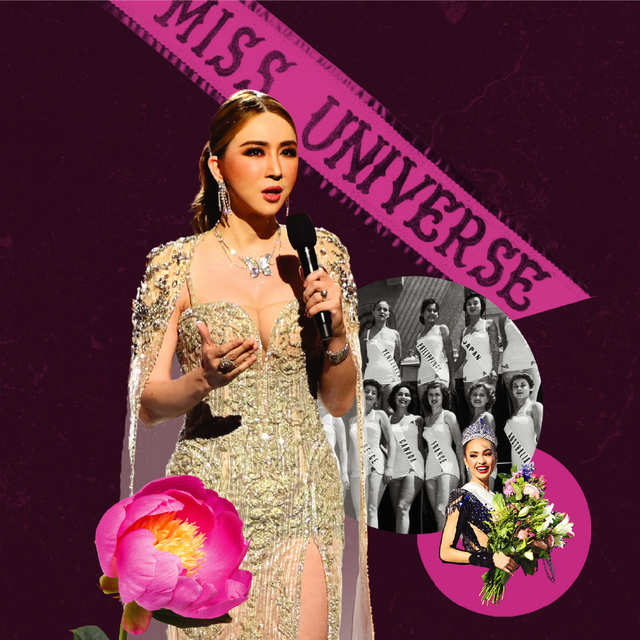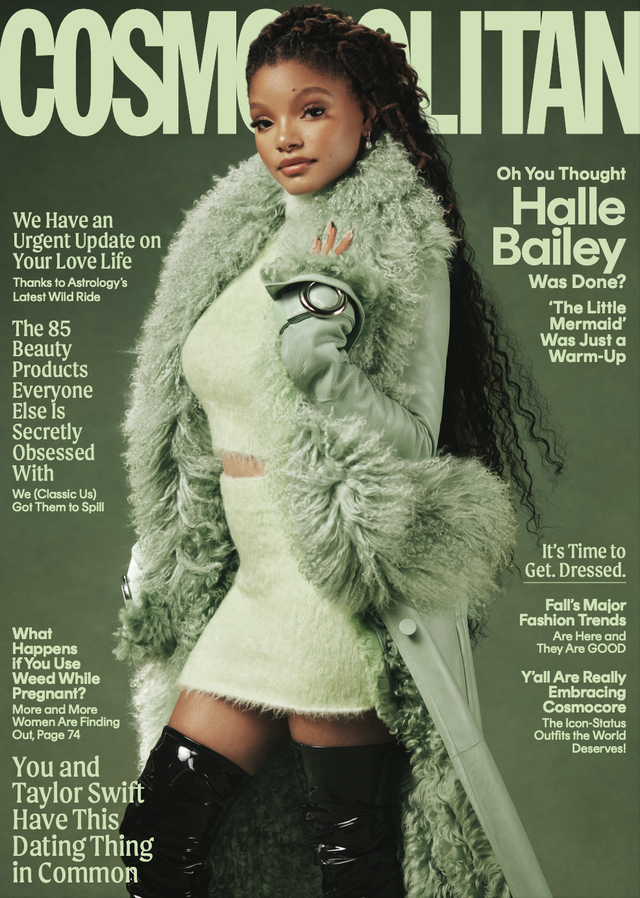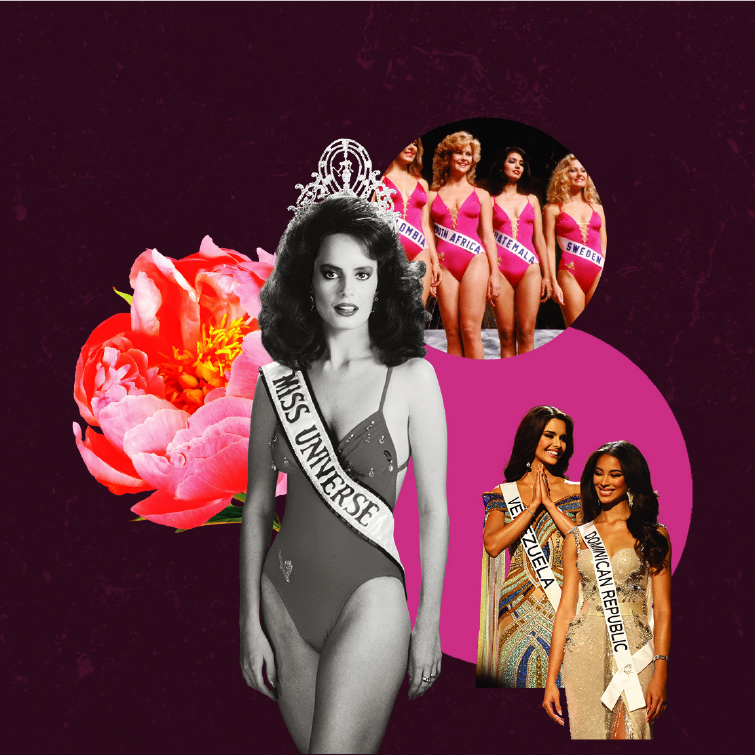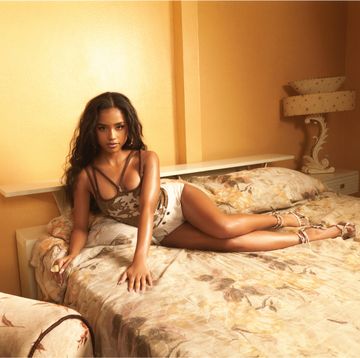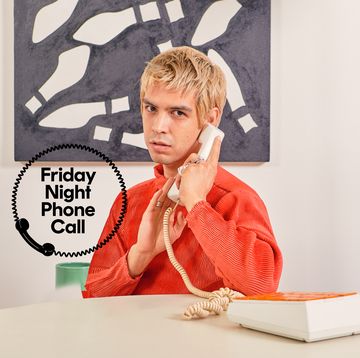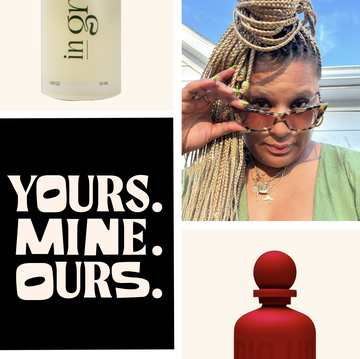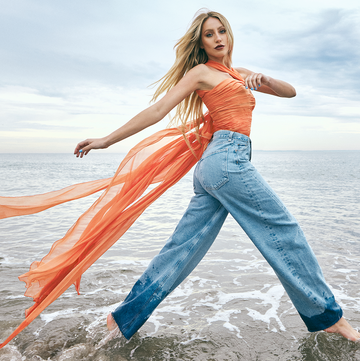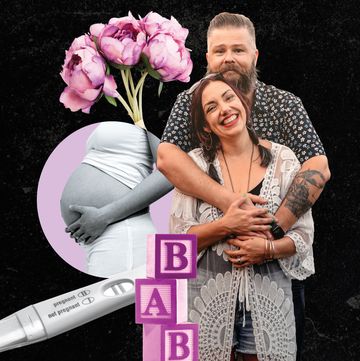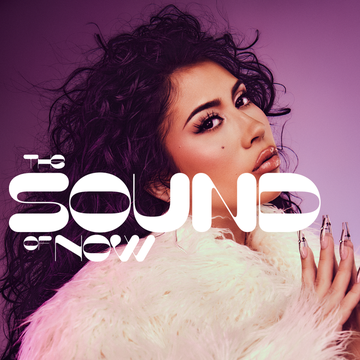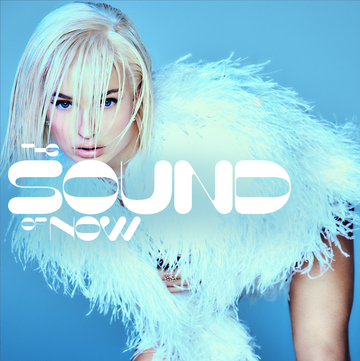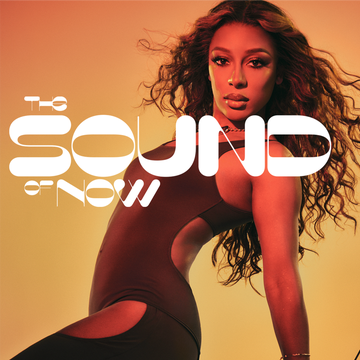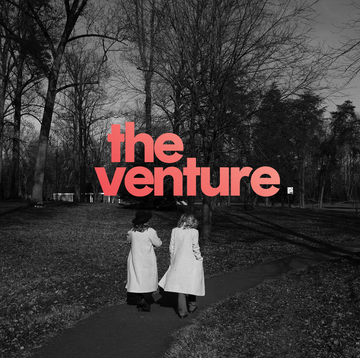I knew from the age of 5 that I was born in the wrong body. I grew up as a boy named Andrew in a conservative family in Thailand. I was a shy kid, spending nearly all my waking hours at my parents’ video store in Bangkok, teaching myself English and dreaming of visiting the countries I saw on film. At school, I was bullied relentlessly for being different and was even sexually assaulted by a male teacher. At home, my family was adamant that I suppress any hint of femininity I felt inside. They—like the rest of the adults in my life—made it clear they would not accept me if I was queer. I felt so much shame, I was afraid to be myself.
Still, womanhood meant (and still does mean) so much to me. When I’d sit down to watch the Miss Universe competitions with my sister and mother, the delegates represented everything I wanted to be: a strong, powerful woman of the world. I decided I would start by becoming successful beyond belief to show everyone they were wrong about me. Fast-forward to my 20s, when I earned my first million baht (nearly $30,000 USD) by taking what I learned in my parents’ store and creating a media content company. I could see VHS tapes and DVDs were becoming a thing of the past, so I shifted to buying and selling the rights to Thai movies and TV shows. In my 30s, I took my company, JKN Global Group, public on the Thai Stock Exchange—and became a Thai billionaire (1 billion baht is about $29 million USD). I’d achieved my first goal: People saw me as successful. But I hadn’t yet achieved personal fulfillment.
When I turned 35, I finally put myself first. I began my transition to becoming a woman. The process took several years, multiple gender reassignment surgeries, and endless hormone therapies. It was a long and overwhelming journey, but I felt like I was living my truth for the first time in my life. My mother didn’t speak to me for three years (she’s since come around, and we are closer than ever), but it was all worth it. I can’t describe how incredible it is to see the real you when you look in the mirror after decades of seeing a stranger. When I became Anne, I thought I was finally whole. But, as it turns out, there was one thing still missing.
In 2018, the Miss Universe competition came to Thailand, and this time, I sat in the front row, watching Ángela Maria Ponce Camacho, Miss Spain, make history as the first trans woman to compete onstage. Ángela wept when it was over, telling the crowd she didn’t need to win—she just wanted the world to know that a trans woman could make it. I wept too. I knew in that moment I wanted to dedicate my life to doing more for the LGBTQ+ community and for women everywhere.
That’s how I eventually ended up in talks with IMG, the company that then owned Miss Universe. I asked if they’d be interested in a new owner: me. I told them that not only did I know how to reach a global audience, but I could also take the competition to new heights. I mean, why was an organization that claimed to be about female empowerment owned exclusively by men? I wanted to create something that was run by women for women—not something for men to ogle over. In October 2022, my company paid $20 million and I signed the papers making me the first female owner of Miss Universe. I had zero hesitation. There was only joy.
The first Miss Universe pageant fully under my control will be the 72nd competition, taking place later this year in El Salvador. And you’re going to see a lot of changes. For starters, we’ve opened the competition to all women between the ages of 18 and 28, including those who were previously excluded, like women with children and those who are pregnant, married, or divorced. We’re widening our background checks (trust me, there will no longer be male leaders eyeing down delegates in the dressing room), and in addition to our all-female leadership team, our hosts and most judges are also women. The latter are CEOs, scientists, politicians, you name it—powerful and impressive in their own right.
We’re also allotting more time in the broadcast for the audience to hear about the delegates as people, instead of just focusing on their looks. My Miss Universe recognizes that beauty is both external and internal. (And because I know you’re wondering, yes, the swimsuit portion still exists. But there will no longer be eliminations during that round. And contestants can now choose their own bathing suit styles—versus being forced to wear bikinis. They’ll also wear capes over them decorated with art that represents their countries.) We’re taking small steps away from the male gaze, and each day on the job, I’m learning how to take more of them.
Soon, we’re going to do even more for the fans. I want to create content beyond just the pageants. We’ll use our platform—including our social media accounts, which have nearly 25 million collective followers—to give our mostly female audience information on how to live their best, most authentic lives, with important intel on bettering health, careers, family, confidence, money management, and more. I’d love to help make a positive impact as we continue to grow our community.
If there’s anything I’ve learned in my 44 years, it’s that change is good. Change can make life more beautiful. And just like I did with my self-identity, I’m going to change the Miss Universe Organization into what it was always meant to be: a celebration honoring all women and a safe space for everyone to be the strongest, most powerful versions of themselves.
Anne Jakapong Jakrajutatip is a transgender activist, the CEO of JKN Global Group, and the owner of the Miss Universe Organization. She is the mother of two kids, Andrew and Angelica. Find her at @AnneJKN.Official.
